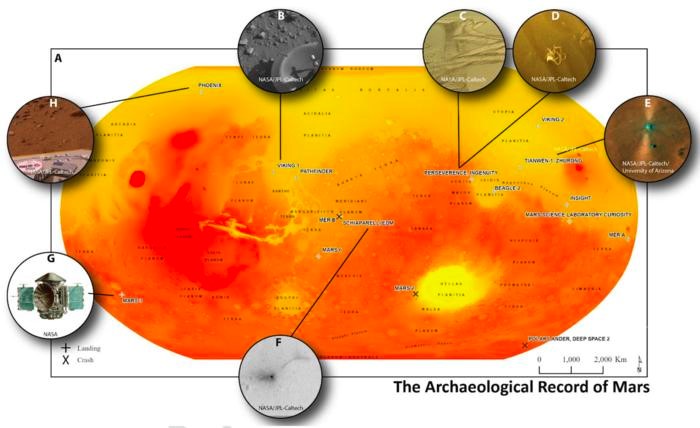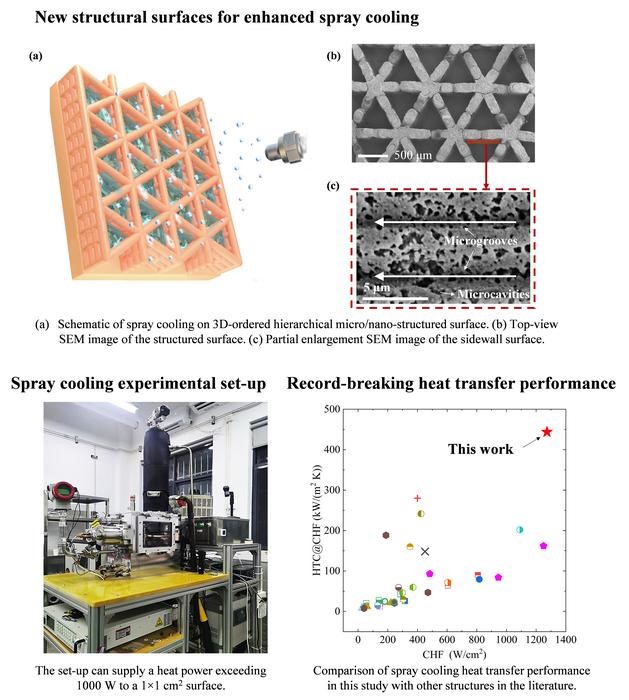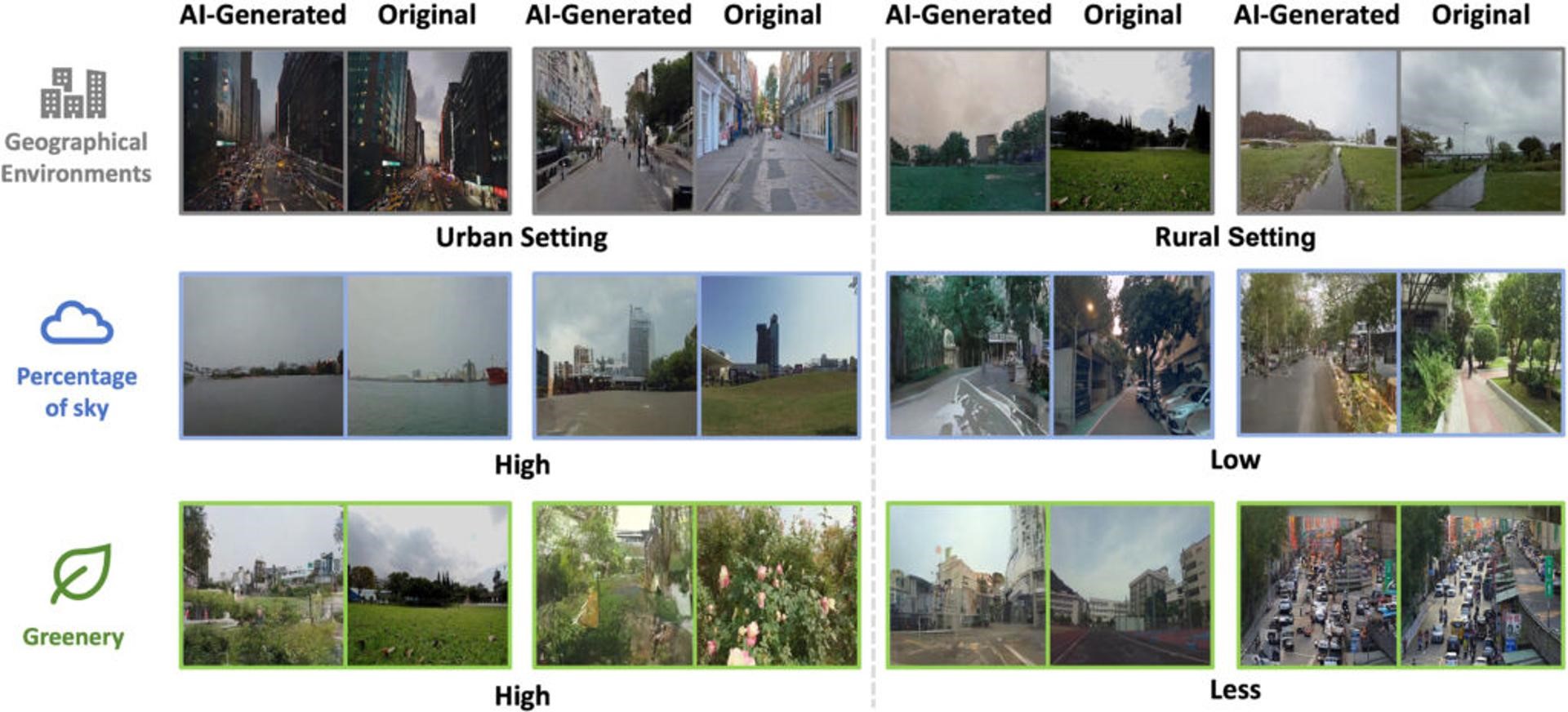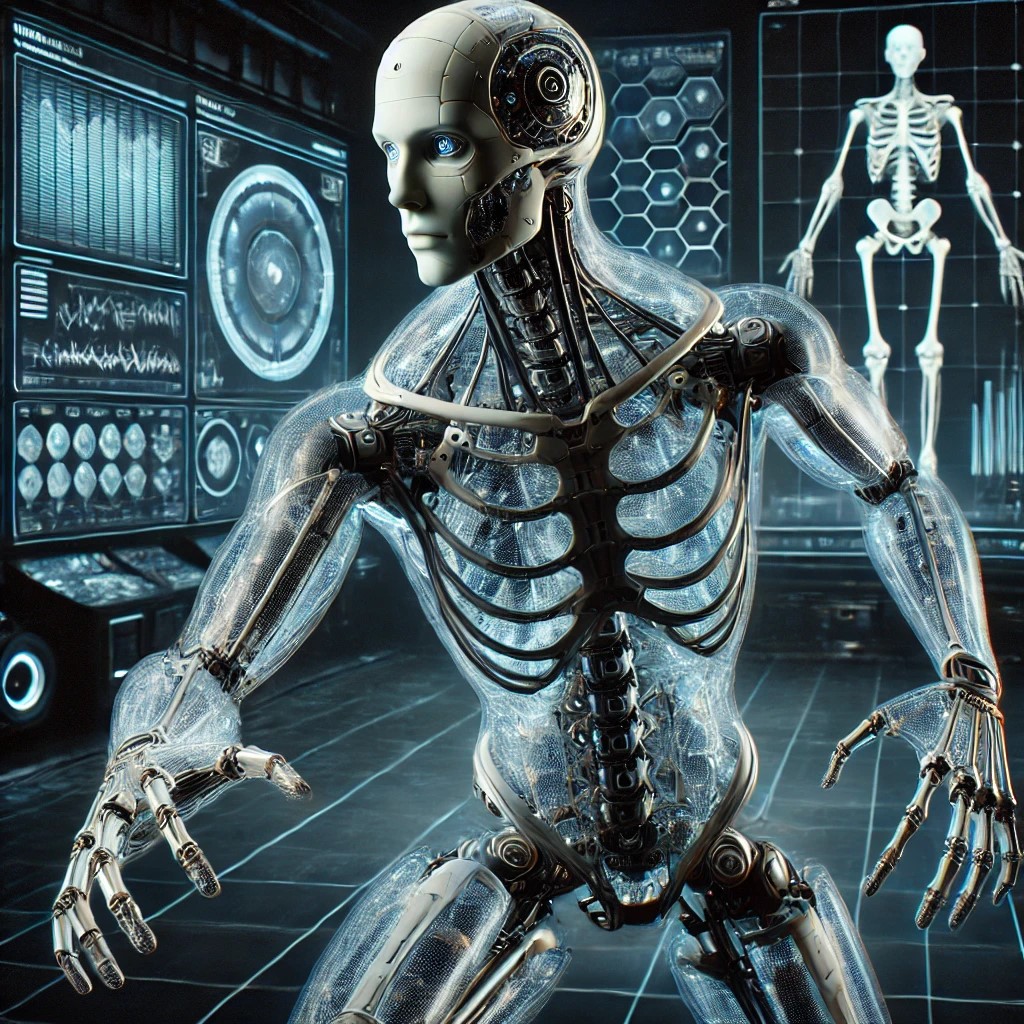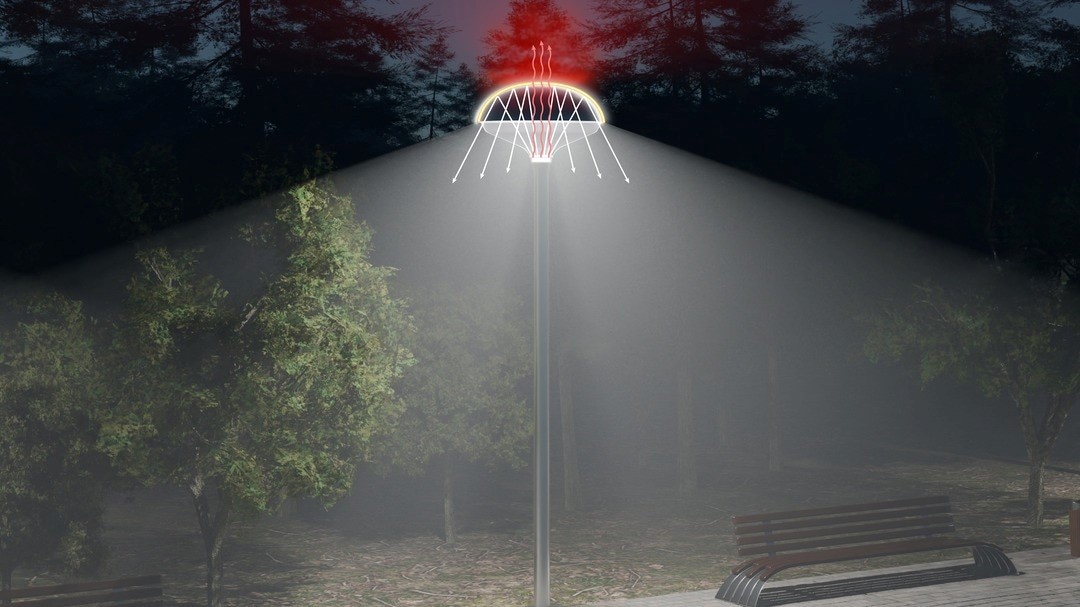Rewriting Neuroscience: Potential "Foundations of Human Intelligence" Identified for The First Time
Single Neuron Data
The study analyzed data from nine patients in Argentina and the UK undergoing treatment for refractory epilepsy. These patients had implanted electrodes that enabled researchers to monitor individual neuron activity with high precision. Unlike previous human studies relying on fMRI, which cannot distinguish individual neurons, this method provided detailed recordings of neural responses.
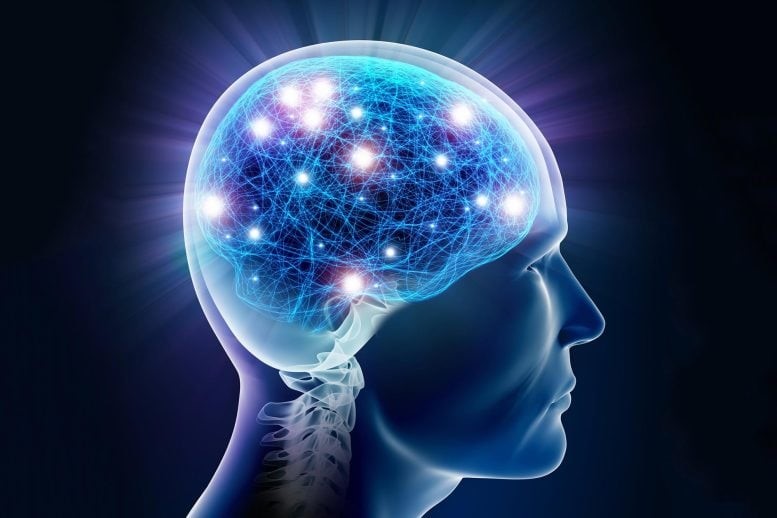
Figure 1. Unveiling the Neural Basis of Human Intelligence.
Patients were shown two stories featuring the same person in different contexts, accompanied by images. By monitoring individual neurons during this task, researchers observed which groups of neurons were activated and how they responded in both narratives. Figure 1 shows Unveiling the Neural Basis of Human Intelligence.
Notably, they found that if a neuron responded to a person’s image, it reacted the same way in both stories. Additionally, when patients recounted the stories, the same neurons were activated just seconds before they mentioned the protagonist—again, in a consistent manner across both contexts.
This ability, he adds, enables humans to form more abstract and complex associations and inferences, rather than being limited to thinking of each concept within a fixed, concrete context. In essence, humans can decontextualize their memories, allowing for more flexible and abstract thought.
Neuroscientists have long sought to understand what makes human intelligence unique. A groundbreaking study has now provided insight into this mystery by identifying key neural processes that could form the foundations of human intelligence. This discovery was made possible by recording the activity of individual neurons in the human brain—something previous studies couldn’t achieve with traditional brain imaging techniques like fMRI.
The Study and Its Significance
Researchers worked with nine patients from Argentina and the UK who were undergoing treatment for refractory epilepsy. These patients had electrodes implanted in their brains, allowing scientists to monitor the activity of single neurons with high precision. This method enabled researchers to observe how specific neurons responded to different stimuli, something that had not been possible with broader imaging techniques.
How the Brain Processes Abstract Concepts
During the study, patients were shown two different stories featuring the same person but in different contexts, supported by images. The key finding was that neurons responding to a person's image reacted in the same way across both stories. Furthermore, when patients later recalled the stories, those same neurons became active just seconds before they mentioned the protagonist—again, in the same way for both narratives.
This suggests that the human brain stores memories in an abstract manner, independent of the specific context in which they were learned. In contrast to animals, whose memory processing is often tied to specific environments or situations, humans have the ability to decontextualize their experiences, allowing for flexible thought, creativity, and complex reasoning.
Implications for Intelligence and Cognition
Dr. Rodrigo Quian Quiroga, one of the lead researchers, explains that this abstraction ability might be a fundamental component of human intelligence. Instead of being limited to thinking within rigid, situation-specific frameworks, humans can form broad, conceptual understandings that apply to a variety of contexts. This ability allows for more sophisticated associations, problem-solving, and innovative thinking.
Why This Matters
- Advancing Neuroscience: Understanding how neurons process abstract concepts could help in deciphering the mechanics of human intelligence.
- Implications for AI: By studying how the brain organizes knowledge, researchers could develop more advanced artificial intelligence systems capable of higher-level reasoning.
- Applications in Medicine: Insights from this study could contribute to treatments for neurological disorders affecting memory and cognition, such as Alzheimer’s disease.
Source: SciTECHDaily
Cite this article:
Priyadharshini S (2025), “Rewriting Neuroscience: Potential "Foundations of Human Intelligence" Identified for The First Time”,AnaTechMaz, pp. 300



